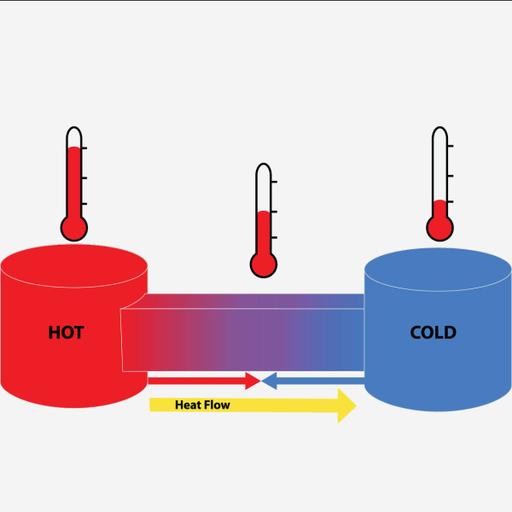Third Law of Chemical Thermodynamics
Presentations | English
What does the Third Law of Thermodynamics state? The third law of thermodynamics states that the entropy of a system approaches a constant value as the temperature approaches absolute zero. The entropy of a system at absolute zero is typically zero, and in all cases is determined only by the number of different ground states it has. The third law of thermodynamics has two important consequences: it defines the sign of the entropy of any substance at temperatures above absolute zero as positive, and it provides a fixed reference point that allows us to measure the absolute entropy of any substance at any temperature. There are two important consequences of the Third Law: the behavior of heat capacities as temperature goes to zero and that we cannot get to absolute zero. The most useful application of the third law is the computation of absolute entropies of pure substances at temperatures other than 0K from their heat capacities and heats of transition.

4.50
Lumens
PPTX (18 Slides)
Third Law of Chemical Thermodynamics
Presentations | English
